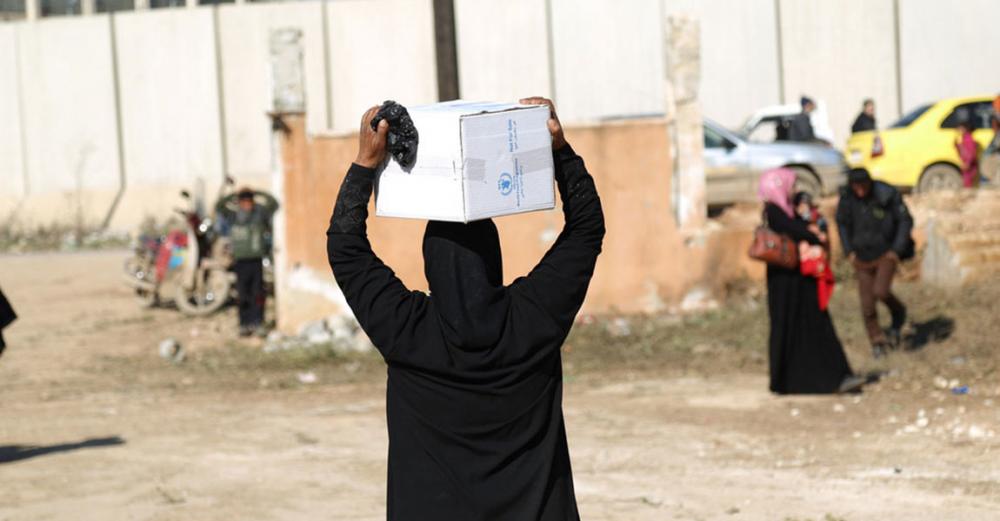Just Earth News | @justearthnews | 01 Apr 2020, 09:40 am Print

New York : As the world exhibits new bonds of solidarity in response to the coronavirus pandemic, it is a matter of “humanitarian and practical urgency to lift unilateral economic sanctions immediately,” to prevent hunger crises in pandemic-hit countries, a UN human rights expert, said on Tuesday.
The continued imposition of such measures on Syria, Venezuela, Iran, Cuba and Zimbabwe in particular, severely undermines the fundamental right to sufficient and adequate food,Hilal Elver, the UN Special Rapporteur on the Right to Food, stressed.
History has shown that unilateral economic sanctions generally have dramatic and detrimental impacts on economic, social and cultural rights, she recalled. “As a result, the wellbeing of the civilian populations becomes severely compromised.”
“If the international community is serious about the fight against COVID-19 and the eradication of food and nutrition insecurity, States need to refrain at all times from direct and indirect interference with access to food,” she assured.The Special Rapporteur also urged the international community to pay particular attention to the situation of civilians trapped in conflict settings, and notably those already experiencing acute violations of their rights to food, such as in Yemen, South Sudan, Gaza, Syria and in refugee camps worldwide.
The Special Rapporteurs are appointed by the Geneva-based UN Human Rights Council to examine and report back on a specific human rights theme or a country situation. Their positions are honorary, and they are not paid for their work.
- Record-breaking Apple: $143.8B revenue and 2.5 billion active devices
- Layoff storm at Amazon: 16,000 employees impacted worldwide
- Why gold just exploded past $5,000 — And what’s driving the rally
- AI shockwave ahead: IMF chief warns millions of jobs could vanish
- UN report shows global economy shows signs of growth, but experts believe recovery remains fragile





-1763561110.jpg)
